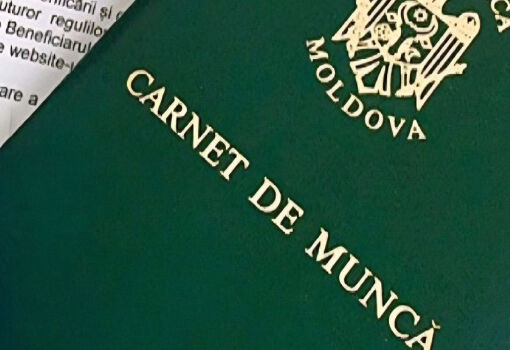
Eugenia Gutsul
Gutsul is directly accused of systematically importing large amounts of undeclared money into Moldova to finance the Shor party in 2019-2022, when she was secretary of the monitoring, planning and control department of the now-banned party.
In addition, Eugenia Gutsul is accused of coordinating the activities of the territorial branches of the Shor party in several districts of the country in October-November 2022. According to the prosecutors’ allegations, during this period she knowingly accepted money worth about 42.5 million lei to finance the party “from an organized criminal group”.
Based on these charges, prosecutors requested 9 years in prison for Eugenia Gutsul. Many people were perplexed by this, pointing out that for much more serious crimes, prosecutors often ask for lighter sentences. This aspect became an argument for many people to claim that the prosecution of the head of the Gagauz autonomy was political.
We shall remind you that Eugenia Gutsul was detained at the airport of Chisinau on March 25. Under public pressure, on April 9, she was placed under house arrest, the term of which was extended several times.
The detention, detention in pre-trial detention center and under house arrest of the head of Gagauzia became a resonance event not only for Moldova, but also for foreign press. Many people present this case as a political reprisal against an opposition politician. Others are convinced that the “Gutsul case” is evidence of the fight against corruption in Moldova, including electoral corruption.
The Bashkan of Gagauzia himself does not plead guilty to any count of the indictment and claims to be a victim of political persecution. “No evidence has been presented by the prosecutors because there is none. The petition for detention is inhuman, illegal. I ask you to accept our petition and drop the charges,” Eugenia Gutsul said in court.
Moldovan society is split on many grounds. Including the assessment of the justice reform, which is presented as a cornerstone of the European modernization of the country on its way to the EU.
In this context, the “Gutsul case” will undoubtedly become a kind of litmus test for the rule of law that Moldova aspires to become. Not in terms of a specific decision regarding Eugenia Gutsul. But from the point of view of consistency and indiscriminateness of justice in relation to other high-profile cases, about which much is said in the society.
The court is expected to announce its decision on the case of Eugenia Gutsul on August 5.

